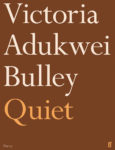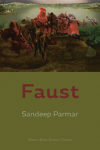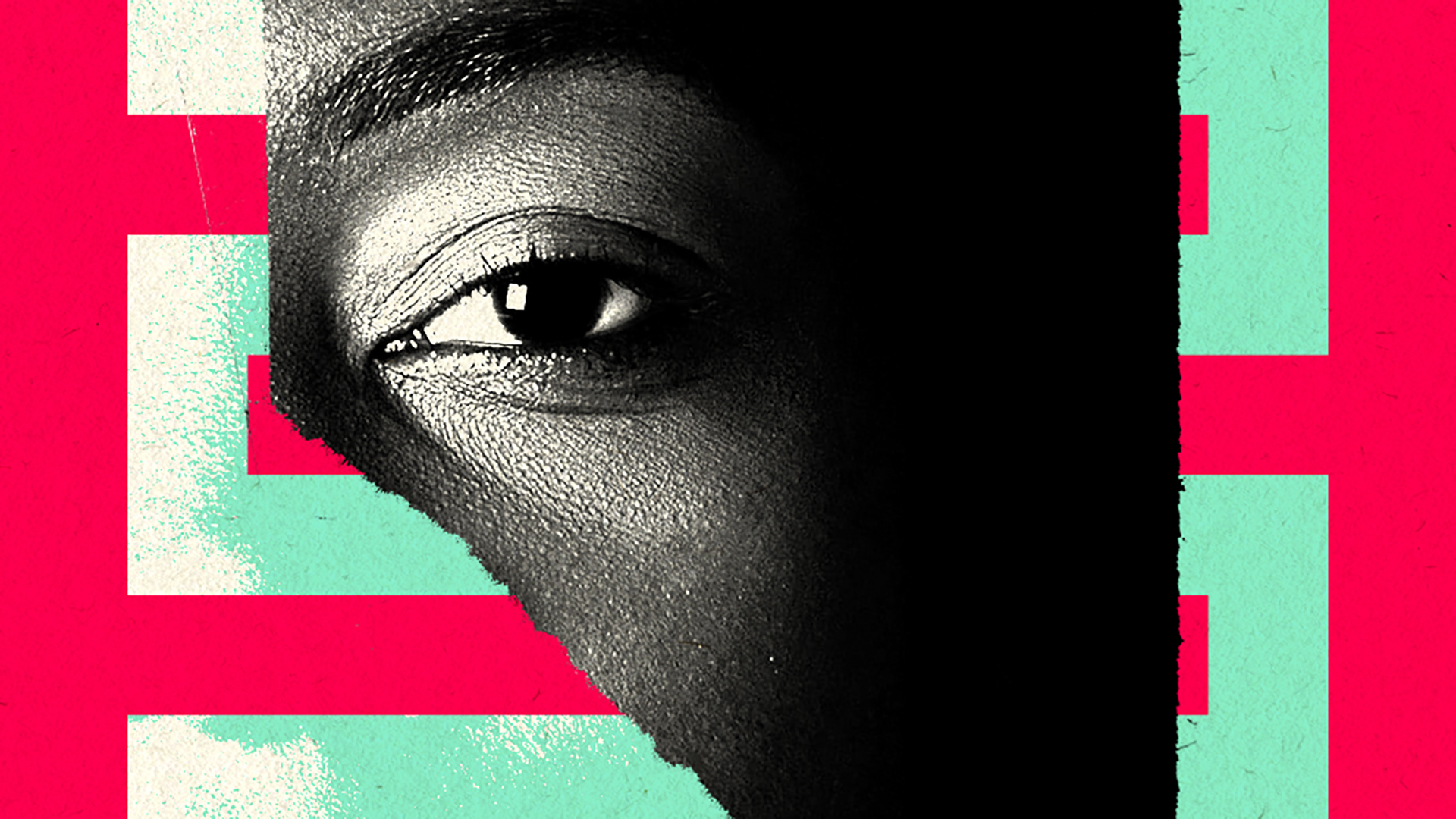Big Issue books editor Jane Graham has chosen Faith, Hope and Carnage by Nick Cave and Sean O’Hagan as The Big Issue Book of the Year. But what were the other best books of the year? Our illustrious book critics choose their favourite reads for 2022.

A rubbish year for literary fiction?
OK, it’s December, I think we can say it – what a rubbish year for literary fiction. A distinct lack of blockbuster releases, paired with the tremendously unfair passings of titans such as Hilary Mantel, José Saramago and Javier Marías, has made 2022 something of an annus horribilis. However, casting my cold eye back on the year that was, there have been some brief glimmers of hope, and even brilliance. James Hannaham’s Didn’t Nobody Give a Shit What Happened to Carlottais by far my favourite novel of the year, followed by Pajtim Statovci’s Bolla. As for nonfiction, I had an excellent time with Seán Hewitt’s All Down Darkness Wide and Jack Parlett’s Fire Island.Barry Pierce

A raw, powerful account of grief
In About A Son, David Whitehouse transforms Colin Hehir’s diary of the aftermath of his 20-year-old son Morgan’s murder into something astonishing: a raw, powerful account of grief and the search for truth in a system designed to protect those charged with administering so-called justice. We share Colin’s pain as it tumbles, largely unfiltered, onto the page, but Whitehouse’s shrewd decision to write in the second person creates just enough distance to ensure we can bear it. At the same time, the focus on Colin’s feelings (rather than the author’s) means the book avoids the solipsism that often mars attempts to blend true-crime and memoir. Dani Garavelli

Poems that delve into Black selfhood
Quiet, Victoria Adukwei Bulley’s first, lambent collection of poetry, has been nominated for the T.S. Eliot prize – and is rich in multitudes. With deft grace, Bulley’s poems delve into Black selfhood and the surrealism of daily life. They wryly reckon with both institutional and interpersonal erasure, speaking through the noise. Bulley’s verse is to be savoured, slipping through prose meditations and encounters with etymology, casual effacement, the earth unfurling, and ‘The Ultra-Black Fish’, among other yearning creatures. She traces the many furrows of desire, as grief and humour breathe in tandem in these poems, outstretching their hands towards ungrateful cats, fissures, shadows, beloveds. She reasons with both the hellscapes and the miracles that exist in this world. In all its unquieting brilliance, Quiet is a gift of a book to bless your year anew. Annie Hayter

Sharp, witty memoir of a quirky upbringing as a musical prodigy
Lots of people write about music, but very few do it well. It’s always a joy therefore to come across someone who waltzes the very notes off the page. The classical pianist Jeremy Denk graced us this year with Every Good Boy Does Fine, a sharp, witty memoir of his quirky upbringing as a prodigy in New Mexico, and a love letter of sorts to the tutors who (painfully) helped turn him into the world-class soloist he is today. Each chapter begins with a list of relevant works to rack up on Spotify as you read, making this a multi-sensory treat. Chris Deerin

Experiments with the boundaries of genre
Sandeep Parmar’s most recent poetry collection Faust experiments with the boundaries of genre in compelling ways and pushes imaginatively against language and form. Mythology is turned on its head to explore the figure of the migrant, to interrogate the concept of heroism, and to traverse the echoes between striving and surviving. The allusions are powerful, and Parmar’s language is striking. Alycia Pirmohamed











